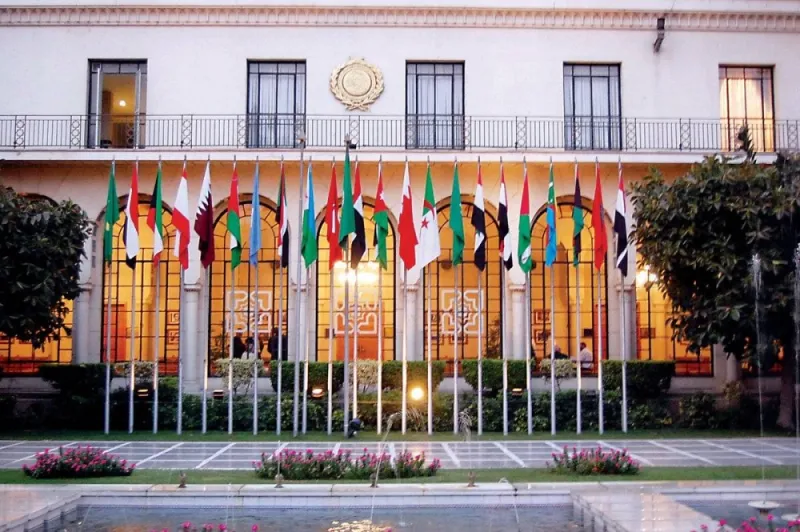The Arab League strongly condemned the attack that targeted a beach in the Somali capital, Mogadishu, which resulted in dozens of deaths and injuries.
Secretary-General of the Arab League, Ahmed Aboul Gheit said in a statement on Sunday, that, through this attack, the armed groups aim to weaken the federal government in Somalia and spread terror among civilians.
Aboul Gheit stressed the Arab League's consistent solidarity with Somalia in combating any threats to its security and stability, or works to undermine the progress achieved by the Somali government at all levels.
An armed group from the Somali Al-Shabaab movement, loyal to Al-Qaeda, resulted in a number of deaths and injuries yesterday after attacking Lido Beach in the Abdalaziz district of the capital, Mogadishu.
East Africa
About IEA Media Ltd
Informer East Africa is a UK based diaspora Newspaper. It is a unique platform connecting East Africans at home and abroad through news dissemination. It is a forum to learn together, grow together and get entertained at the same time.
To advertise events or products, get in touch by info [at] informereastafrica [dot] com or call +447957636854.
If you have an issue or a story, get in touch with the editor through editor[at] informereastafrica [dot] com or call +447886544135.
We also accept donations from our supporters. Please click on "donate". Your donations will go along way in supporting the newspaper.
Our Offices
London, UK
+44 7886 544135
editor (@) informereastafrica.com
Slough, UK
+44 7957 636854
info (@) informereastafrica.com
Latest News
© Informer East Africa - IEA Media Ltd. Designed by InspireTheme.






